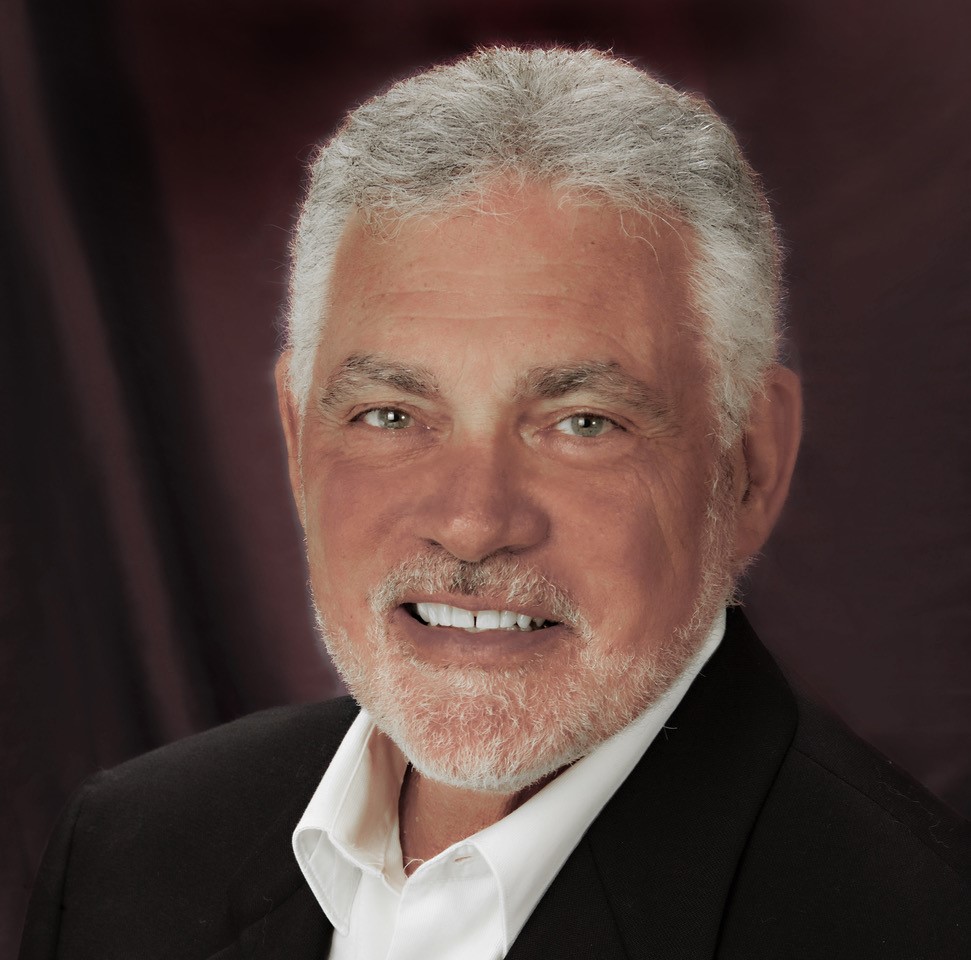By Frances Moffett, HSMAI Editorial Content Director
Eric Orkin regularly wakes up at 5:15 in the morning to catch the optimal light he needs to take the photos he uses to publish his annual calendar, sell prints, or simply keep for his own collection. An avid nature and landscape photographer, Orkin is passionate about the craft, spending most of his time photographing birds or in his digital darkroom.
“I just love what I do,” he says.

“When I would arrive in a city to do a presentation, it took two taxis to get me to my location because of the equipment — a North Star Horizon computer, a TeleVideo monitor, and a huge HP dot-matrix printer,” he says. “I traveled with all of those in boxes, and a single car couldn’t handle it.”
Orkin’s career as a technology entrepreneur ended in 2001 (his days of heavy lifting long behind him), but the impact of his industry-changing work sustains today. Because of this, Orkin will be honored with the HSMAI Vanguard Award for Achievement in Revenue Optimization at HSMAI ROC Americas Wednesday, June 29. Here, he talks more about his pioneering work.
HSMAI: How did you get your start in developing systems for revenue management?
Eric Orkin: I started teaching in the hotel program at the University of New Hampshire in 1972. I was all of 26 years old, and I taught all the different courses, from marketing to financial management. A few years later, in 1978, I developed a program called HOTMAMA, which stood for “hotel, marketing and management.” It taught the fundamentals of yield management, revenue management, and I ran these interactive, computer simulation workshops all over the world.
Initially, I set out to be a professor. Then as a professor, I had consulting opportunities, and through the consulting opportunities, I quickly saw that what the hotels were doing made no sense at all. I never saw myself as being a system developer, but I saw myself as being a consultant who wanted my clients to be successful. I realized the systems had to change.
Why did you start Delphi Management Systems and OPUS 2 Revenue Technologies?
In 1979, I started Delphi Management Systems because I found I was teaching revenue management principles that were well-received — except all the systems within the hotels pushed the professionals back to the traditional way of thinking. I identified the first step toward profit-optimizing decision-making in hotels: automate the sales departments.
There was an inherent tension between group sales and transient sales. The group salespeople were rewarded based on volume — either the revenue or room night volume, or some combination of the two — so they naturally would try to book as many rooms as possible. Whereas transient sales generally achieved a higher average rate, were less disruptive to stay patterns, and they had more continuity over time. If you sell too many group sales, you turn people away, forcing them into your competitors’ hotels. The core systems — the reward systems — hotels used were not encouraging proper revenue optimization behavior.
Delphi was really step one in my plan for putting the entire hotel on a revenue optimization footing. Step two was OPUS 2, which looked directly at revenue management, with the idea that there would be interfaces to Delphi and other sales and reservation systems.
How would you say these technologies changed the industry?
Aside from the group and transient sales element, I think the main thing was the systems provided an integrated, holistic look at revenue management, which, before then, was compartmentalized.
Also, as revenue management began to take hold in a very rudimentary way, there was a lot of resistance. I was selling people on the concept of revenue optimization, not so much the technological product. To go out and tell people, “You’ve got a need that you don’t even know you have,” was not easy. The industry changed dramatically not just with my system, but with the other systems that were out there at the time, too. But the acceptance was slow and hard in the beginning.
As someone who has seen a lot of evolution within this industry, what is your advice for new professionals coming into hospitality?
If you’re going to be in this industry, and you can talk about it with so much enthusiasm that you’re just gushing — you’re in the right place. If not, keep looking. Don’t settle. Your work is going to take the majority of your time. Spend it passionately.
Outside of work, live passionately, too. Develop hobbies. Don’t sacrifice your family for your career. The money you make comes second. Joy comes first. Otherwise, you’ll just be looking at your watch, waiting for the time to go by.


